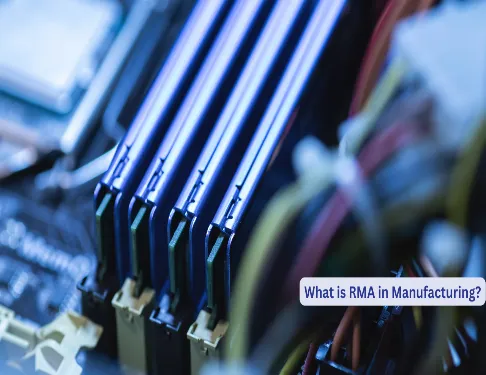What is Continuous Flow Manufacturing?
In manufacturing, the quest for efficiency, quality, and speed has led to the adoption of various methodologies aimed at enhancing productivity and reducing costs...
By AMREP | Posted on August 26, 2024

Hiring a Supplier Quality Engineer (SQE) in China is a critical move for any company that relies on Chinese suppliers. The SQE plays a pivotal role in ensuring that your supply chain operates smoothly and that products meet your stringent quality standards before they reach your customers. However, finding the right candidate who not only possesses the necessary technical expertise but also understands the intricacies of Chinese business culture can be challenging.
In this guide, we’ll walk you through the essential steps to hire a local SQE in China, helping you secure a professional who will safeguard your product quality and strengthen your supplier relationships.
A company might hire a Supplier Quality Engineer (SQE) in China to ensure that products meet high-quality standards, especially given China’s vast and complex manufacturing landscape. An SQE is crucial for:
Hiring an SQE in China helps companies safeguard their supply chain, reduce costs, and ensure their products consistently meet global quality expectations.
Here's a comprehensive guide to help you successfully navigate the process.
Before beginning your search, establish the qualifications and experience you’re looking for in a candidate. Consider the following:
A well-defined job description will help attract candidates who are not only qualified but also a good fit for your company.
Cultural understanding is key when hiring in China. The right SQE should not only have the technical skills but also be culturally attuned to both Chinese and Western business practices. Look for candidates who:
Cultural fit is just as important as technical qualifications in ensuring the success of your SQE.
Finding the right candidate in China requires using the appropriate recruitment channels. Consider these options:
These methods will help you reach qualified candidates who meet your specific needs.
Interviewing potential SQEs is a critical part of the hiring process. Here’s how to conduct effective interviews:
Consider involving both your local team in China and your headquarters in the interview process to ensure a well-rounded evaluation.
Before extending an offer, it’s important to verify the candidate’s previous work experience and references:
Thoroughly vetting candidates will help you avoid potential issues down the line.
To attract top talent, it’s essential to offer a competitive salary and benefits package. Consider:
Offering a compelling package will help you secure a top-tier candidate. Here’s data showing the average salary for Supplier Quality Engineers (SQEs) in China:
| City | Average Annual Salary (USD) |
|---|---|
| Beijing | $30,000 - $45,000 |
| Shanghai | $35,000 - $50,000 |
| Guangzhou | $28,000 - $40,000 |
| Shenzhen | $32,000 - $47,000 |
| Chengdu | $25,000 - $38,000 |
| Suzhou | $30,000 - $44,000 |
Note: Salaries can vary based on factors such as experience, industry, and company size.
Once you’ve hired your SQE, it’s important to provide a thorough onboarding process and continuous support:
Effective onboarding and support will set your SQE up for success and help them make a positive impact on your supply chain.
Finding the right Supplier Quality Engineer in China is crucial for maintaining high standards and smooth supplier interactions. By defining your needs, considering cultural nuances, and offering an attractive compensation package, you can attract a skilled SQE who will contribute to your company’s success. Trust AMREP to support you throughout the hiring process and help you build a strong, reliable supply chain.
Contact Us To See What We Can Do
Call Us
Mon - Sat 9.00 - 18.00
Sunday Closed


23 - July 2024
23
July
2024
In manufacturing, the quest for efficiency, quality, and speed has led to the adoption of various methodologies aimed at enhancing productivity and reducing costs...

18 - July 2024
18
July
2024
Return Merchandise Authorization, or RMA for short, plays a pivotal role in both manufacturing and retail worlds. It connects two critical concepts...

12 - July 2024
12
July
2024
Traceability in manufacturing refers to the ability to track and trace every aspect of the production and distribution process...
